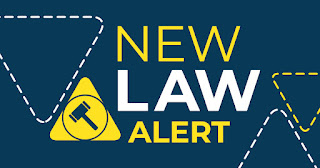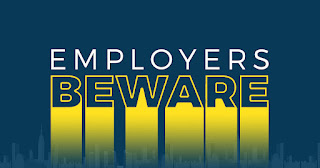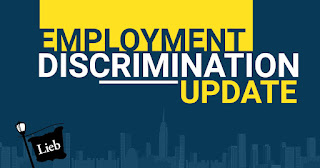The U.S. employment law landscape has been transformed with the implementation of the Pregnant Workers Fairness Act (PWFA). This law, endorsed by President Joe Biden, extends protections to employees dealing with pregnancy, childbirth, or related conditions. The U.S. Equal Employment Opportunity Commission (EEOC) will now begin processing discrimination charges under this fresh statute, opening a new chapter in labor rights.
Legal Provisions:
The PWFA mandates employers to provide reasonable accommodations for pregnancy, childbirth, or related conditions, except when these adjustments impose an undue hardship on the employer. The PWFA thus augments protections under Title VII of the Civil Rights Act. As EEOC Chair Charlotte A. Burrows stated, the PWFA aids workers in securing their entitlements under this new law.
EEOC's Role and Resources:
The EEOC has introduced educational materials to aid workers and employers in understanding the new law. These include a "Know Your Rights" video series, a revised poster, and a guide to the PWFA. The EEOC is also set to accept discrimination charges under PWFA.
The Bottom Line:
The Pregnant Workers Fairness Act fills a gap in employment rights, fostering a more equitable and inclusive working environment. It is a substantial step towards legally addressing the unique challenges faced by pregnant workers, fostering a fair workspace for all.
If you are a victim, you can bring a discrimination case and recovery monetary damages for your lost pay and emotional distress. You have rights.



